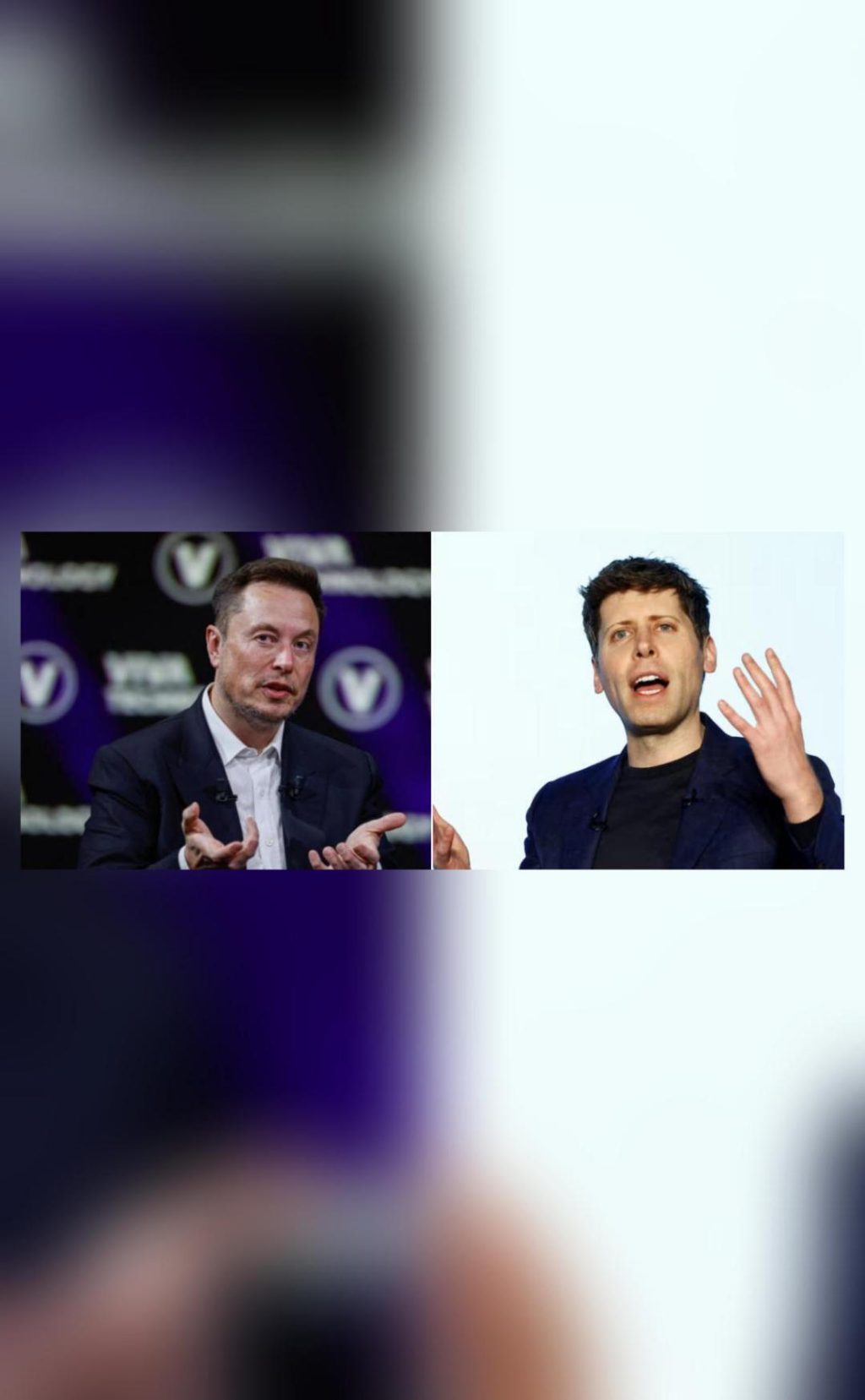
OpenAI & Elon Musk Agree to Fast-Track Trial Over For-Profit Model
In a significant development, OpenAI and Elon Musk have agreed to speed up a trial regarding OpenAI’s transition to a for-profit model, according to a recent court filing. This move comes after a court previously denied Musk’s request to pause OpenAI’s transition to the new business structure.
The news of the fast-tracked trial has sparked widespread interest in the artificial intelligence (AI) community, with many wondering what this means for the future of AI development. For those who may not be familiar, OpenAI is a non-profit AI research organization founded by Elon Musk, Sam Altman, and others in 2015 with the goal of creating AI that benefits humanity. However, last year, Musk sued OpenAI and its CEO, Sam Altman, accusing the company of straying from its original goal.
As the AI landscape continues to evolve, the debate surrounding OpenAI’s transition to a for-profit model has intensified. Musk’s lawsuit claims that OpenAI’s decision to become a for-profit entity is a betrayal of the organization’s original mission and that it will lead to the prioritization of profits over people. OpenAI, on the other hand, argues that the transition is necessary to ensure the company’s long-term sustainability and to allow it to continue developing innovative AI technologies.
The trial, which is scheduled to begin in the coming weeks, will likely delve into the details of OpenAI’s transition to a for-profit model and the implications it has for the AI community. The outcome of the trial could have far-reaching consequences for the development of AI technology and its potential applications.
So, what led to this point? To understand the context, it’s essential to revisit the history of OpenAI and its mission.
The Founding of OpenAI
OpenAI was founded in 2015 by Elon Musk, Sam Altman, and others with the goal of creating AI that benefits humanity. The organization’s mission was to ensure that AI is developed in a way that is safe, beneficial, and transparent. OpenAI aimed to achieve this by conducting AI research and developing AI technologies that could be used for the greater good.
In the early days, OpenAI was largely focused on developing AI models that could perform tasks such as language translation, image recognition, and text generation. The organization also explored the ethical implications of AI development, publishing papers and conducting workshops on topics such as AI bias and AI transparency.
The Transition to a For-Profit Model
However, in recent years, OpenAI’s focus has shifted from research and development to commercialization. The organization has been working on developing AI models that can be used for various applications, including language translation, image recognition, and text generation. OpenAI has also been partnering with other companies to develop AI-powered products and services.
In 2024, OpenAI announced that it would be transitioning to a for-profit model, citing the need to ensure its long-term sustainability. The organization argued that as a non-profit, it was limited in its ability to raise funds and invest in its research and development. By becoming a for-profit entity, OpenAI would be able to attract more investors and grow its operations.
Elon Musk’s Lawsuit
Musk’s lawsuit, filed in 2024, challenges OpenAI’s decision to transition to a for-profit model. Musk argues that OpenAI’s original mission was to create AI that benefits humanity, not to make a profit. He claims that OpenAI’s decision to become a for-profit entity is a betrayal of its original mission and that it will lead to the prioritization of profits over people.
Musk is seeking a court order to stop OpenAI’s transition to a for-profit model and to ensure that the organization adheres to its original mission. He is also seeking damages for any harm caused by OpenAI’s decision to stray from its original mission.
The Implications of the Trial
The outcome of the trial will have significant implications for the AI community. If OpenAI is allowed to transition to a for-profit model, it could lead to the commercialization of AI technology and the prioritization of profits over people. This could have far-reaching consequences, including the potential for AI to be used for harmful purposes.
On the other hand, if the court rules in Musk’s favor and orders OpenAI to remain a non-profit organization, it could ensure that AI is developed in a way that is safe, beneficial, and transparent. This could also lead to the continued development of AI technologies that benefit humanity.
Conclusion
The trial between OpenAI and Elon Musk is a significant development in the AI community. The outcome of the trial will have far-reaching implications for the development of AI technology and its potential applications. As the AI landscape continues to evolve, it’s essential that we consider the ethical implications of AI development and ensure that AI is used in a way that benefits humanity.
Sources:
Note: The news source is Reuters, published on March 15, 2025.






